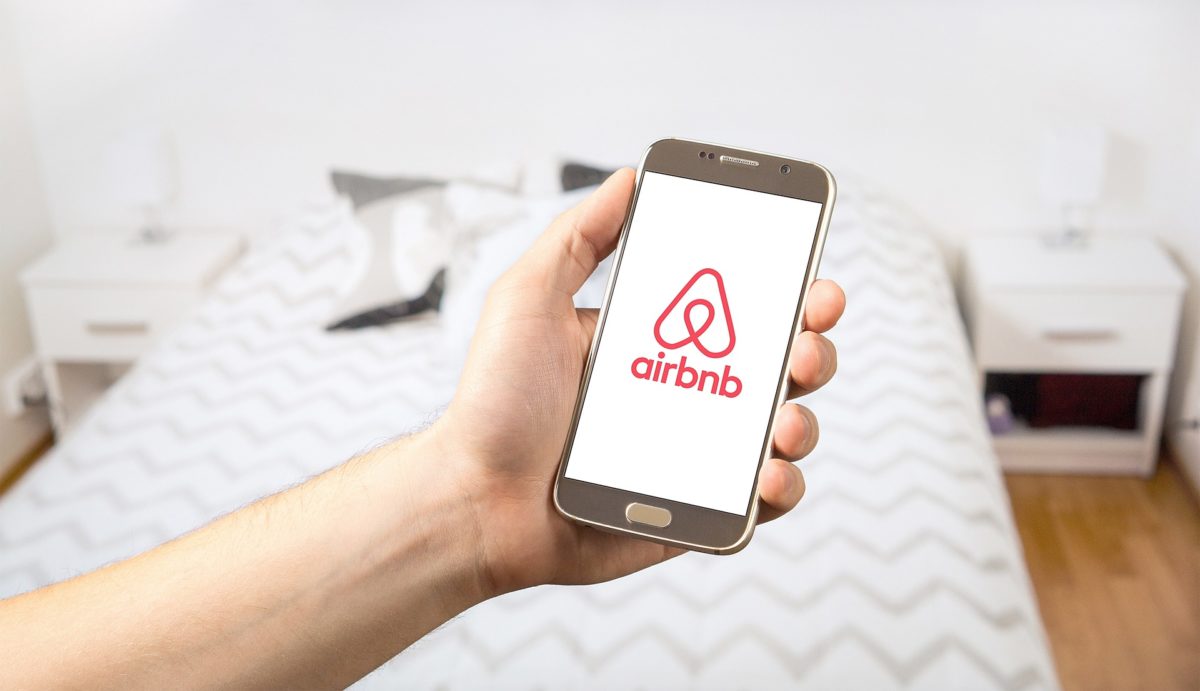Airbnb rentals regulated and creating revenue in Victoria

Airbnb has changed the tourism industry by allowing locals to rent out space in their homes to tourists, often for a fraction of the price of a hotel room.
But cheap accommodation comes with its own sets of costs: although tourists can find apartments with a few clicks on the site, it’s practically impossible to find an apartment to rent as a local in Victoria. Regulations provincially and municipally are helping to curb these challenges — and are bringing in millions in tax revenue.
In February 2018, B.C. announced a tax agreement with Airbnb. In the first 12 months, Airbnb reported they paid $33.7 million in provincial sales tax (PST) and $9.2 million in municipal taxes — $27 million above the province’s initial projections.
Under this new taxation agreement, Airbnb pays eight per cent in provincial sales tax (PST), as hotels do. Victoria taxes Airbnb revenue at three per cent through the Municipal and Regional District Tax (MRDT).
Airbnb was originally intended to connect travellers, but it’s also allowed people to essentially create their own hotels by buying multiple properties and listing them on Airbnb. Technically, the Airbnb owner wouldn’t even have to live in the city while their quasi-hotel reaps cash.
This loophole has caused alarm in cities like New York, Barcelona, Vancouver, and Victoria — where the cost and availability of housing is already posing significant affordability challenges for locals.
Some say that B.C. hasn’t done enough to curb Airbnb’s impact on the housing market.
“The extra amount of tax the hosts are paying and that Airbnb is collecting and passing along, there’s no scenario where that tax makes up for the harmful impact of all the short-term rentals on housing availability and affordability in the province,” said Prof. David Wachsmuth at McGill University’s school of urban planning, in an article by the National Observer.
According to the City of Victoria’s Housing Report, there are 20 246 rental units in the city. The city has seen a decline in the amount of short-term rentals since instituting taxes and regulations — in Victoria, as of June, there were 1 268 listings on Airbnb.
All Airbnb proprietors must purchase a Short-Term Rental Business Licence from the city. If the Airbnb is the owner’s primary residence, the price of the licence is only $150. All operators of other types of short-term rentals have to pay $1 500. Through the MRDT and Business Licence fees, the city collected $800 000 in the first six months.
No new Airbnbs are permitted to operate in the hotel-heavy area around the inner harbour. That’s because certain areas in the city are zoned for “transient accommodation.” In 2017, the city changed their zoning regulations to only include hotels and motels — not vacation rentals.
Bill Eisenhauer, the City of Victoria’s Head of Engagement, estimated 567 Airbnbs are still operating without a licence, based on the city’s most recent data. As of October, there were 701 licensed short-term rentals in Victoria. With 567 being unlicensed, approximately 45 per cent of Airbnbs in Victoria are operating illegally.
All short-term rentals, however, pay taxes. B.C. and Quebec are the first provinces to reach tax agreements with Airbnb. In Quebec, Airbnbs pay 3.5 per cent of revenue in taxes.
As the City of Victoria attempts to curb the amount of unlicensed short term rentals, the taxation agreement will allow them to collect revenue. Although this taxation agreement is one of the first in Canada, the process of regulating Airbnbs is still a work in progress.






